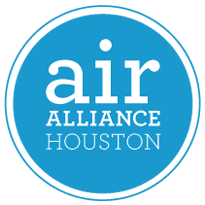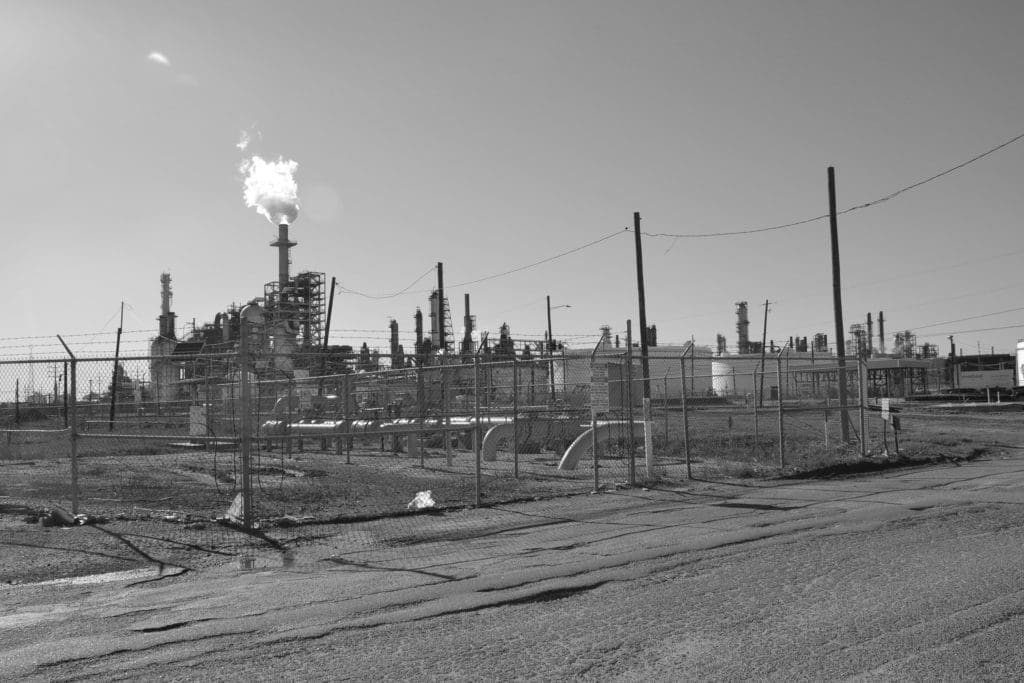AirMail - Other Permits
Open Permit Applications
Common Air Pollutants
Common air pollutants include particulate matter, ground-level ozone, carbon monoxide, sulfur dioxide, nitrogen dioxide, and lead. The inhalation of these pollutants has been associated with a number of health conditions, from chronic respiratory diseases to cardiovascular problems and neurological harm. Read more about the health impacts from the U.S. EPA here.
Air Toxics
Air toxics, also known as hazardous air pollutants (HAPs), are pollutants that are known or suspected to cause cancer or other serious health effects (e.g. reproductive effects or birth defects), or adverse environmental effects. Examples of air toxics include benzene, formaldehyde, 1,3-butadiene, toluene, and heavy metals like mercury and chromium. Read more about these pollutants and their health impacts from the U.S. EPA here.
In the Greater Houston area, hazardous facilities are disproportionately located in or near communities of color and with lower incomes. This industrial proximity is detrimental to resident health and is known as “double jeopardy.” In other words, communities are both impacted by toxic emissions and pollutants as well as risks of exposure to chemical accidents.

